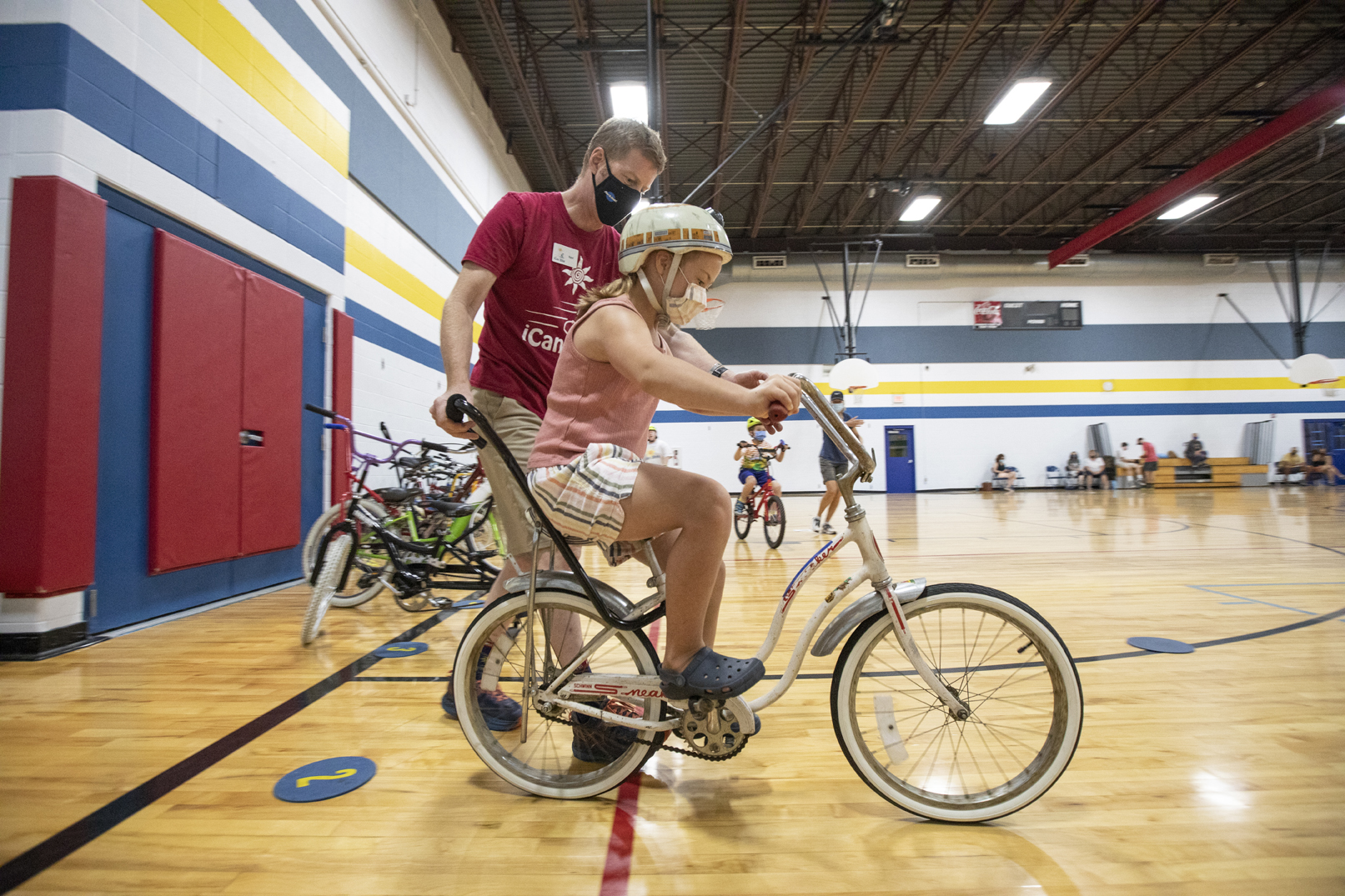Self-advocacy, while important for everyone, is especially important for people with intellectual and developmental disabilities. When people do not advocate for themselves, they may be pushed to do things that don’t feel right to them or become depressed. They may also lack self-confidence and feel as though their life is out of their control. Learning to advocate for yourself may seem daunting, but you don’t have to do it alone. There are many resources available to help people become confident in their self-advocacy skills and express themselves authentically.
The goal of self-advocacy is to equip people with knowledge to make informed, authentic decisions, and to empower them to make those decisions. In this article, we will explore the three parts of self-advocacy and how to become a successful self-advocate.
What is Self-Advocacy?
In short, self-advocacy is the ability to speak up for yourself. As an advocate for yourself, you are able to ask for what you need and want, and develop a plan to achieve your goals.
Examples of self-advocacy include:
-
- Asking your employer for equal opportunity in the workplace
- Choosing to have or not have a medical procedure
- Deciding to paint your bedroom
The term “self-advocacy” and its philosophy was born in Sweden in the 1960s, when young adults with disabilities began speaking out and taking control of their own lives by forming their own leisure clubs. National conferences for these club members were held in 1968 and 1970, wherein participants developed statements about how they wanted to be treated.
For thousands of people with disabilities around the world, self-advocacy is a term of personal identity that comes with a multitude of benefits. It focuses on their political power and right to self-determination. Further, people who self-advocate ultimately enjoy a higher quality of life, as they have confidence in themselves, know how to properly express their feelings, and are empowered to make their own decisions.
The 3 Parts of Self-Advocacy
- Know Yourself. The first step in self-advocacy is learning everything you can about your needs, disability, strengths, and challenges. Are you self-motivated or a bit of a procrastinator? What goals are you trying to achieve? As you learn more about yourself, it’s imperative to learn exactly what your rights are and where you can go for help, support, and information on standing up for those rights. There are a number of excellent resources to help you on your path to self-discovery, including:
- The Arc is the largest national community-based organization advocating for and with people with intellectual and developmental disabilities (I/DD). They are vigilant in their mission to provide every individual and family affected by developmental disabilities with information, advocacy, and necessary skills to support their full inclusion and participation in the community.
- Self Advocates Becoming Empowered (S.A.B.E.) is the United States’ national self-advocacy program. S.A.B.E. strives toward the equitable treatment of people with disabilities, the elimination of institutions, making transportation more available, and many more initiatives to drive the I/DD community forward.
- Wisconsin Board for People with Developmental Disabilities is the Wisconsin board charged with uniting everyone in the state to support our citizens with developmental disabilities to lead their most independent lives.
- People First is a national organization that is run by, and for, people who have a developmental disability. Members are empowered to self-advocate so they can help drive positive change at all levels of society.
- Survival Coalition of Wisconsin Disability Organizations is dedicated to creating a society wherein people with disabilities are full and equal participants in community life. They advocate with the state legislature, Governor’s office, state agencies, Congressional delegation, and federal agencies for laws, resource allocation, policies, programs, and practices that support their mission of building a community-based support system that allows eligible adults to live inclusive, individualized lives.
- Know Your Needs. Identify your needs and wants and ask for help in meeting them. Perhaps you want to learn more, but you are not a strong reader. Or maybe you would like to get a job, but you don’t have your own vehicle. Once you identify your needs, you can devise a plan on how to get them.
- Know How to Get What You Need. You’ve identified your strengths and weaknesses. You know what it is you want to accomplish, and what you need to make it happen. Now, there are three areas worth exploring to help you bridge the gap between your strengths and weaknesses.
- Interventions are evidence-based instruction to improve skills (reading, spelling, speech, math, comprehension, etc.). This instruction is systematic and multi-sensory, and includes opportunity for guided practice. After all, practice makes progress.
- Accommodations are tools that help you accomplish a task without compromising its integrity. For example, if you’re not a strong reader, you might consider listening to an audio book; or using a calculator for people who aren’t great at math. Accommodations vary from person to person and from situation to situation.
- Modifications are an alteration of the task, without changing the outcome of the task. Think of push-ups. If you lack strength in your arms to do a regular push-up, or have an injury, you might do push-ups with your knees on the floor. You’re still doing a push-up, it’s just been modified.
Covey: An Advocate for Self-Advocacy
The fundamental key to self-advocacy is that word right at the beginning: self. In order to be a successful self-advocate, you must understand your rights and responsibilities, and develop a plan to achieve the life you want. Of course, this doesn’t mean you can’t ask for help along the way.
At Covey, we believe that everyone deserves to live as independently as possible. Located in Oshkosh and Appleton, Wisconsin, we are strong advocates for self-advocacy, and we understand that speaking up for yourself can be hard at first. With creativity, compassion, and individualized care, we offer virtual and in-person skill building classes to help individuals with disabilities build confidence, develop meaningful connections, and reach their fullest potential.
Be an advocate for yourself. You never know who else you’ll encourage! To learn more about our life enrichment opportunities, check out our blog post: What is Covey Connects.

